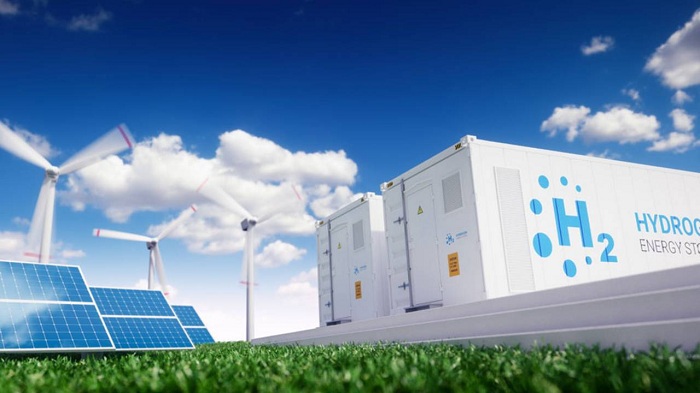In order to facilitate the transition to a net-zero economy, the European Commission has given its approval to a Spanish program that is worth more than one billion euros and is intended to encourage investments in the generation of renewable hydrogen.
In accordance with the Temporary Crisis and Transition Framework (TCTF) for State Aid, the program that was worth 1.2 billion euros was authorized.
In accordance with the TCTF, Spain has informed the Commission about the €1.2 billion plan that would encourage investments in the generation of renewable hydrogen in hydrogen clusters or valleys. The goal of this scheme is to facilitate the transition towards a net-zero economy.
As a result of the Commission’s favorable evaluation of Spain’s Recovery and Resilience Plan and the Council’s decision to accept the plan, the scheme will get its whole funding from the Recovery and Resilience Facility (RRF).
With a minimum installed capacity of one hundred megawatts (MW), the program will provide financial assistance to investments in the generation of renewable hydrogen.
The creation of renewable hydrogen-derived fuels, the storage of renewable hydrogen, and the generation of renewable electricity are all examples of potential investments that may be supported or promoted.
Applicants must have established agreements with off-takers to cover at least sixty percent of the renewable hydrogen or fuel generated from renewable hydrogen that is anticipated to be produced in order to be eligible for the program.
In accordance with the plan, the assistance will be provided in the form of direct grants that will cover the expenses of investment for the projects that are sponsored.
The amount of financial assistance that will be provided to each individual recipient will be decided via a process of competitive bidding.
According to the findings of the Commission, the Spanish scheme is in accordance with the requirements that are outlined in the TCTF.
A competitive bidding procedure that is open, clear, transparent, and non-discriminatory will be used to decide the amount of help that will be awarded. In particular, the aid will be granted based on a scheme that has an expected volume and budget.
The restrictions also stipulate that the assistance must be provided prior to the 31st of December in the year 2025.
In order to expedite the transition to a more environmentally friendly economy and to encourage the growth of certain economic activities that are essential for the fulfillment of the REPower EU Plan and the Green Deal Industrial Plan, the Commission came to the conclusion that the Spanish plan is necessary, suitable, and reasonable.
According to the regulations governing state assistance in the EU, the Commission gave its approval to the aid proposal.










































